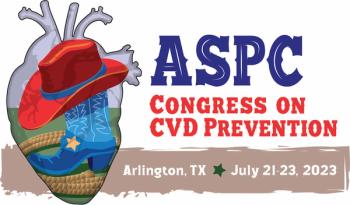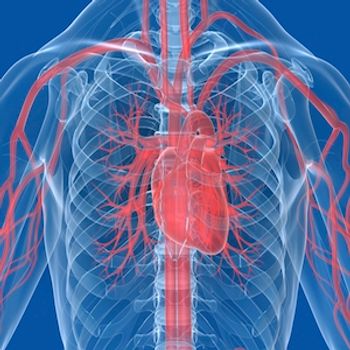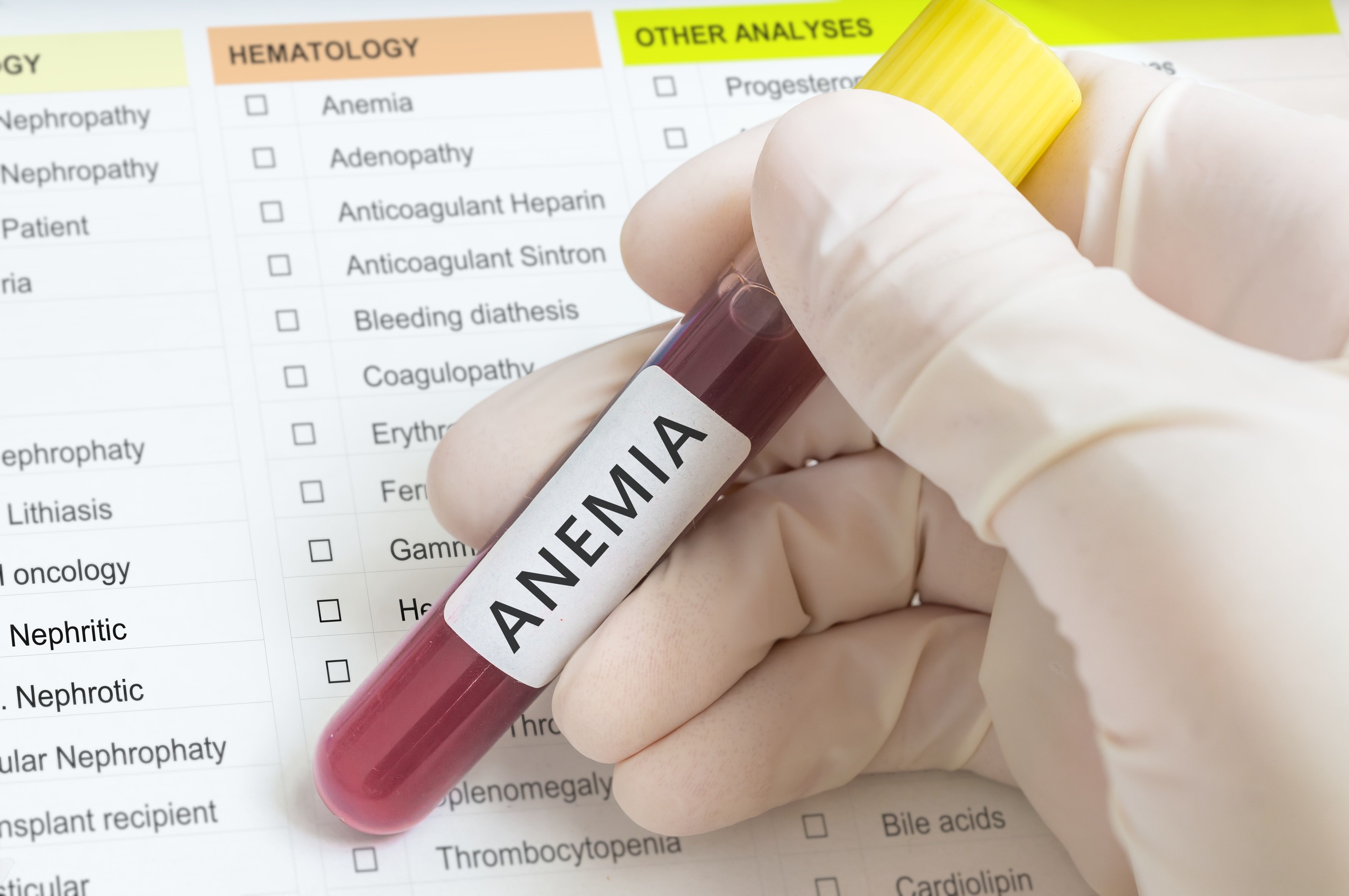
Heart Failure
Latest News

Latest Videos

More News

The findings of DICTATE-AHF have several implications for cardiologists treating patients with type 2 diabetes, said Zachary Cox, PharmD, professor at Lipscomb University College of Pharmacy.

While B-type natriuretic peptide (BNP) levels remain high in patients with end-stage heart failure with cardiogenic shock, these levels lose their prognostic value in patients using ventricular assist devices (VADs).

A tailored electronic health record (EHR) alert system did not significantly increase the prescription of guideline-directed medical therapies (GDMT) at hospital discharge for patients with acute heart failure (AHF).

Transcatheter aortic valve replacement (TAVR) demonstrated better short-term outcomes, while surgical aortic valve replacement (SAVR) had better long-term outcomes.

Despite not reaching statistical significance, findings from DICTATE-AHF show early dapagliflozin improved decongestion and led to earlier hospital discharge for patients with acute decompensated heart failure, explained Zachary Cox, PharmD, professor at Lipscomb University College of Pharmacy.

Investigators wanted to understand potential clinical relationships between daily activity measurement and patient-centered heart failure–related outcomes using smartwatch data.

At this year’s American Society for Preventive Cardiology Congress on CVD Prevention, Emelia J. Benjamin, MD, ScM, delivered the Honorary Fellow Award Lecture, “The Imperative to Focus on the Prevention of Atrial Fibrillation,” as the recipient of this year’s Honorary Fellow of the American Society for Preventive Cardiology award.

Data from the 1999-2018 National Health and Nutrition Examination Survey were used to analyze the prevalence of social determinants of health (SDOH) among patients with self-reported heart failure (HF).

Data on 10 social determinants of health (SDOH) were analyzed to determine their distribution among low-income patients hospitalized for heart failure (HF) at a safety-net hospital.

Outcomes for these patients following bystander CPR were compared with those among White patients.

Post heart failure (HF)–related hospital discharge care was investigated among patients through evaluation of usage rates of the Heart Failure Health Storylines mobile health application.

A new analysis from the American Heart Association found present-day heart failure risk was higher among Black adults who lived in areas historically impacted by redlining.

Outcomes for in-hospital mortality were compared between adult patients, women vs men, among those who had both acute myocardial infarction (AMI) and heart-related mechanical complications (MC).

Emelia J. Benjamin, MD, ScM, Boston University Chobanian and Avedisian School of Medicine, is the recipient of this year’s Honorary Fellow of the American Society for Preventive Cardiology award. Here she describes what atrial fibrillation is, how the condition announces itself, and why this area of cardiovascular medicine is receiving so much attention.

Recent research shows that in the setting of cocaine use among patients with heart failure (HF), those who are classified as obese had better clinical outcomes compared with patients with HF who do not have obesity.

The ASPC 2023 Congress on CVD Prevention will take place in Arlington, Texas, from July 21-23, and in this interview, President-Elect Michael Shapiro, DO, FASPC, runs down what attendees should look most forward to this year.

This new study compared heart failure–related outcomes between adults patients randomly assigned 1:1 by carpal tunnel syndrome status, with the principal outcome being a diagnosis of new-onset heart failure.

The study investigated event rates for several outcomes in the year following a first hospitalization for heart failure (HF), including implementation of guideline-directed medical therapy (GDMT).

A new study investigated the potential impact of remote monitoring of heart failure with reduced ejection fraction (HFrEF) on care use and costs.

An analysis of Medicaid data from adults in Alabama suggests just more than 50% of patients fail to get ambulatory follow-up care within the recommended 14-day window following a first-time heart failure hospitalization.

Investigators wanted to answer the question, “Is incident myocardial infarction associated with cognitive function changes compared with pre-MI cognition trajectories?”

Watch and see what Michael Shapiro, DO, FASPC, president-elect of the American Society for Preventive Cardiology, wants you to know about this year's ASPC Congress on CVD Prevention.

In patients with ejection fraction greater than 40% who were stabilized after a worsening heart failure event, use of combination sacubitril/valsartan led to greater reduction in plasma NT-proBNP levels compared with valsartan alone.

This is the first study to investigate a potential connection between anthracycline chemotherapy and risk of heart failure (HF) in young adult cancer survivors.

The effect of education on survival outcomes was evaluated both overall and as it related to cardiovascular disease (CVD).













